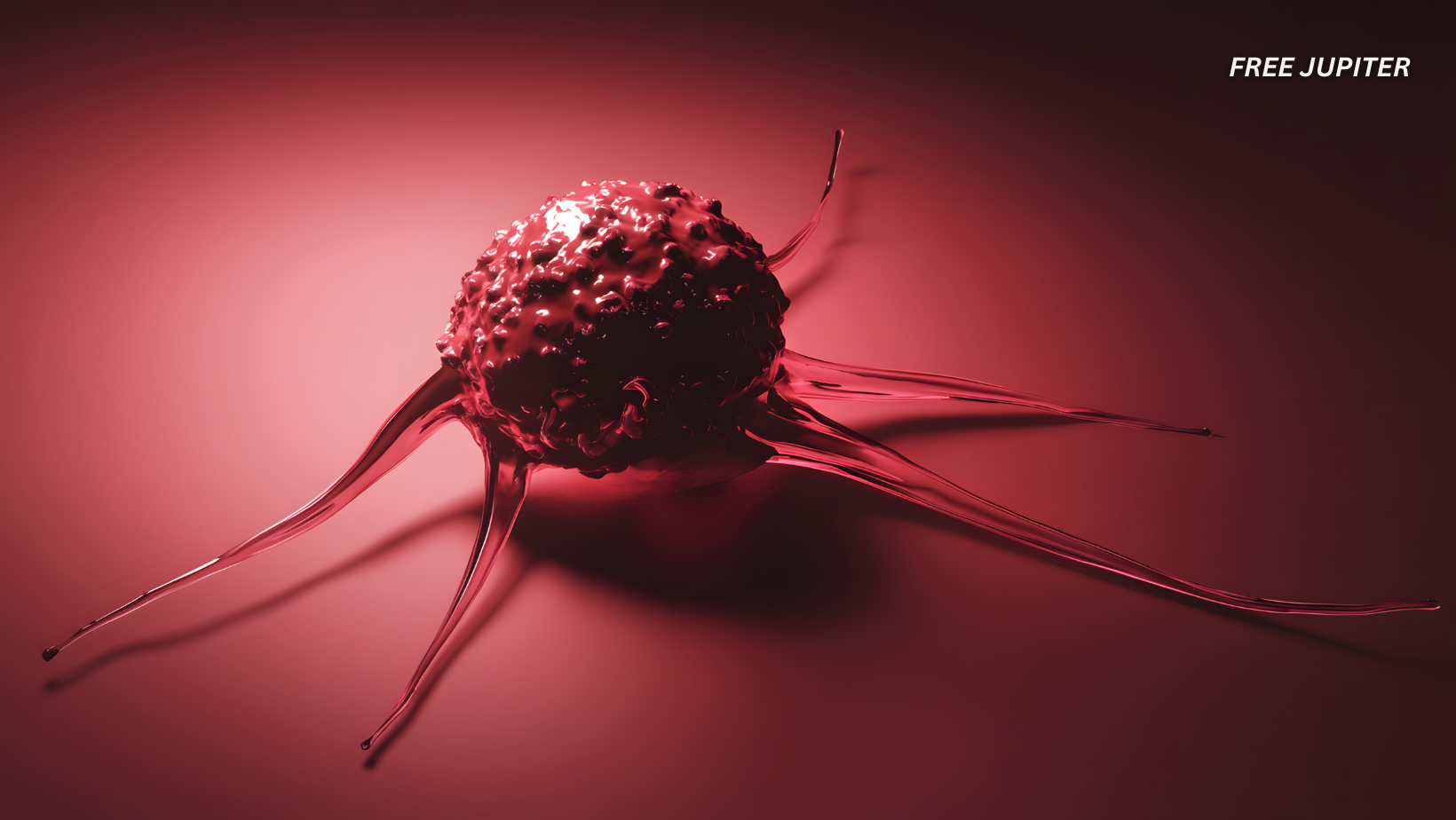Taurine, an amino acid commonly found in energy drinks and naturally present in foods like meat and fish, has recently come under scientific scrutiny for its dualistic effects on cancer progression. While new research highlights its potential to accelerate leukemia development, a wealth of studies also demonstrate taurine’s protective and therapeutic properties in various cancer types. This nuanced picture calls for a detailed exploration of taurine’s multifaceted role in oncology, revealing a complex interplay between cancer cell metabolism, immune function, and treatment outcomes.
Taurine’s Biological Functions and Presence in Cancer Contexts
Taurine is a sulfur-containing amino acid involved in numerous physiological processes, including maintaining fluid balance, regulating electrolytes, and supporting cardiovascular and neurological health. It is naturally synthesized in the body and obtained through diet, especially from animal-based products. Due to its perceived energy-boosting effects, taurine is a popular additive in energy drinks and dietary supplements.
In cancer research, taurine has attracted attention for its paradoxical roles. On one hand, it is known to mitigate chemotherapy side effects and enhance immune responses; on the other, emerging data suggest it may fuel certain cancer cells’ growth, particularly in blood cancers like leukemia.
Taurine and Leukemia: Fueling Cancer Cell Metabolism
A pivotal study published in Nature revealed that taurine can significantly accelerate leukemia progression in mouse models. Researchers found that leukemia stem cells take up taurine via a transporter protein named SLC6A6 (also called TAUT). Once inside the cells, taurine stimulates glycolysis—the metabolic breakdown of glucose to generate energy—thereby providing cancer cells with the fuel needed for rapid growth and survival.
In experiments, mice supplemented with taurine exhibited a roughly threefold increase in leukemia progression and mortality compared to controls. Conversely, inhibiting taurine uptake slowed disease advancement. This suggests that taurine acts as a key metabolic regulator in myeloid malignancies, a group of blood cancers that includes leukemia.
Interestingly, the study also noted that as leukemia worsens, bone marrow cells increase taurine production, further feeding the malignant cells. This creates a vicious cycle where taurine availability promotes cancer growth.
Read more: Cardiologist Says That Adding 1 Exercise To His Routine Made Him Fitter Than Ever At 70
Taurine’s Impact on Immune Cells: A Double-Edged Sword
Beyond its direct effect on cancer cells, taurine influences immune function in complex ways. CD8+ T cells, a type of immune cell critical for attacking tumors, also rely on taurine for survival and activity. However, cancer cells can outcompete these T cells for taurine by overexpressing the SLC6A6 transporter, leading to immune exhaustion.
This competition induces stress responses in T cells, causing them to express immune checkpoint molecules that dampen their anti-tumor activity. Yet, taurine supplementation has been shown to counteract this exhaustion by repressing stress-related genes, thereby enhancing T cell survival and function.
In mouse models of gastric cancer and melanoma, taurine injections accelerated tumor growth in immunodeficient mice but inhibited it in immunocompetent mice, underscoring the importance of immune context. Moreover, taurine combined with chemotherapy improved treatment efficacy by reinvigorating T cells, despite its tumor-promoting potential.
Taurine’s Protective and Therapeutic Effects in Other Cancers
Contrasting its role in leukemia, taurine has demonstrated anticancer properties in several solid tumors. Studies on lung, breast, colon, and liver cancers have reported that taurine can:
- Inhibit cancer cell proliferation and tumor growth
- Promote apoptosis (programmed cell death) by regulating proteins such as p53, Bax, and Bcl-2
- Enhance antioxidant defenses by increasing enzymes like superoxide dismutase and glutathione peroxidase, reducing harmful reactive oxygen species (ROS)
- Improve the effectiveness of chemotherapy drugs like cisplatin and doxorubicin while reducing their toxic side effects
- Suppress tumor metastasis by inhibiting angiogenesis (formation of new blood vessels) and downregulating enzymes like matrix metalloproteinase 2 (MMP-2), which facilitate cancer spread
- Stimulate immune surveillance, helping the body recognize and destroy cancer cells
For example, research on human lung cancer cells (A549 line) and mouse tumor models showed that taurine increased apoptosis by upregulating pro-apoptotic proteins (PUMA, Bax) and downregulating anti-apoptotic Bcl-2. This effect was linked to mitochondrial pathways and endoplasmic reticulum stress, mechanisms that trigger cancer cell death.
Furthermore, taurine’s antioxidant capacity protects normal cells from oxidative damage caused by chemotherapy and radiation, potentially expanding the therapeutic window and improving patient tolerance.
Read more: The Effects Of Qutting Drinking Alcohol That No One Tells You About
Molecular Mechanisms Underpinning Taurine’s Actions
Taurine’s anticancer effects are largely attributed to its ability to modulate multiple signaling pathways and cellular processes:
- Antioxidant Activity: Taurine neutralizes reactive oxygen species, preventing DNA damage and cellular injury that can promote cancer progression.
- Apoptosis Induction: By influencing key regulators like p53 and Bcl-2 family proteins, taurine promotes programmed cell death in tumor cells.
- Immune Modulation: Taurine enhances the function of immune cells, including CD8+ T cells, natural killer cells, and macrophages, boosting immune-mediated tumor clearance.
- Inhibition of Angiogenesis and Metastasis: Taurine downregulates factors that promote new blood vessel formation and tumor invasiveness, limiting cancer spread.
- Synergy with Chemotherapy: Taurine can amplify the cytotoxic effects of anticancer drugs while reducing their adverse effects, improving overall treatment outcomes.
These multifaceted molecular actions make taurine a promising candidate for integrative cancer therapy, though its role may vary depending on cancer type and immune status.
Balancing Benefits and Risks: Clinical Considerations
The contradictory findings regarding taurine’s effects highlight the need for personalized approaches in cancer care. While taurine supplementation may benefit patients by reducing chemotherapy toxicity and enhancing immune responses, its potential to accelerate certain cancers, particularly leukemia, warrants caution.
Ongoing clinical trials are investigating taurine’s use alongside chemotherapy and immunotherapy, aiming to optimize dosage and identify patient populations that may benefit most. Understanding the expression of taurine transporters like SLC6A6 in tumors could guide treatment decisions, as high transporter levels correlate with poorer prognosis in some cancers.
Read more: The Origins Of Leprosy Is Even Weirder Than We Thought
Conclusion: Navigating Taurine’s Dual Nature in Cancer
Taurine exemplifies the complexity of nutritional and metabolic factors in cancer biology. It serves as both a potential ally and adversary, depending on the context. While it supports immune function and protects normal cells, taurine can also fuel malignant cells and contribute to immune exhaustion.
Future research must unravel these intricate dynamics to harness taurine’s therapeutic potential safely. For now, patients and healthcare providers should approach taurine supplementation thoughtfully, considering individual cancer types and treatment regimens.
This evolving understanding underscores the broader principle that substances commonly regarded as benign or beneficial may have unexpected effects in disease settings. As science progresses, integrating metabolic insights with clinical care promises to enhance cancer treatment and patient outcomes.










